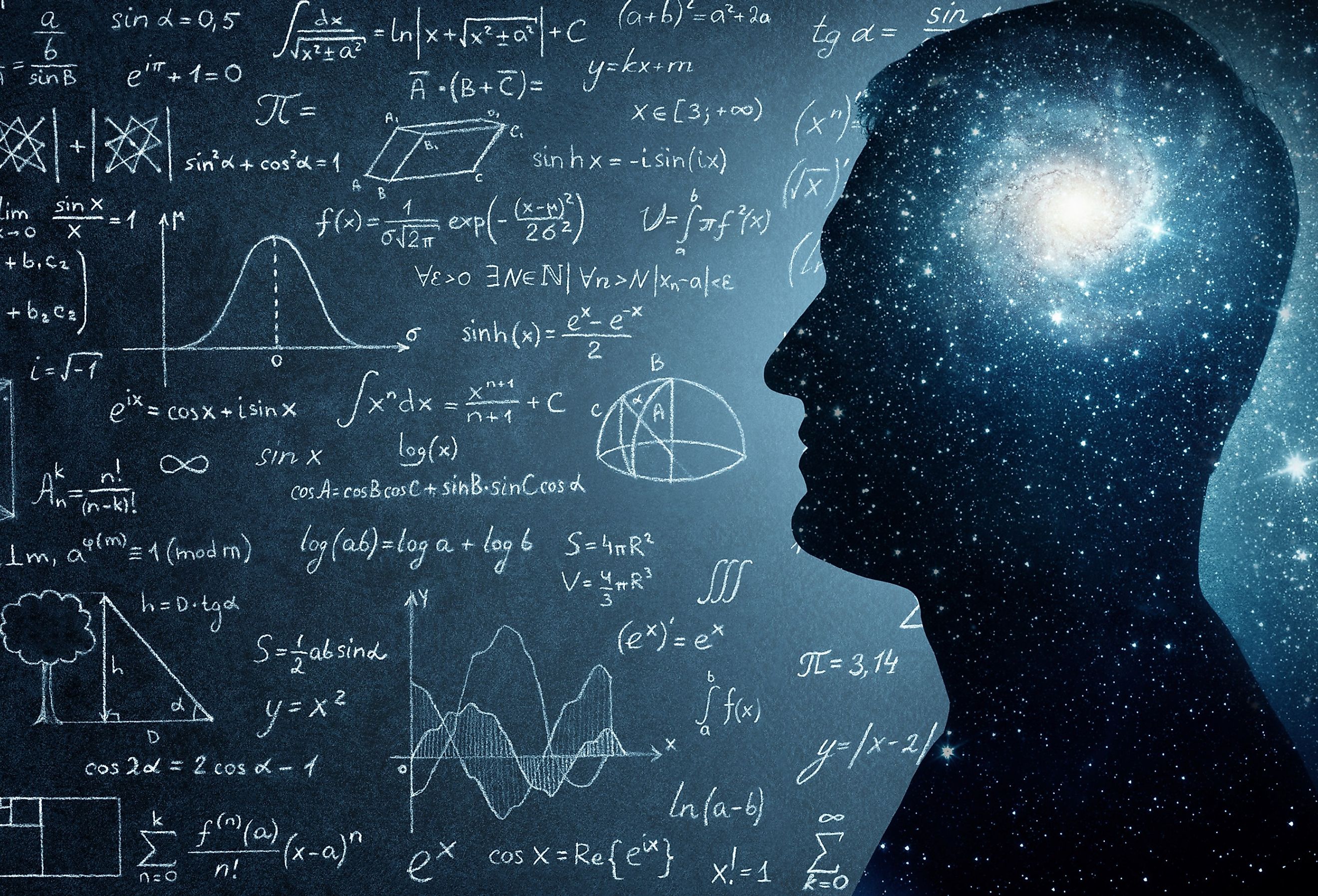
5 Unsettling Philosophical Ideas To Keep You Up At Night
Philosophers look to better understand the world around them and answer some of life's most fundamental questions. What is the meaning of life? Who are we? What is the nature of reality? These are some of philosophy's oldest questions, and many philosophers have answered them using different theories. Not all of these theories have been pleasant; some have been quite unsettling.
Imagine you had to relive your life on repeat for an infinite loop in time. Or contemplate what your life would mean if you discovered you had no ability to decide anything for yourself. Explore five of the most unsettling philosophical theories. Beware reading on; some of these theories might keep you up at night.
Everything is Meaningless
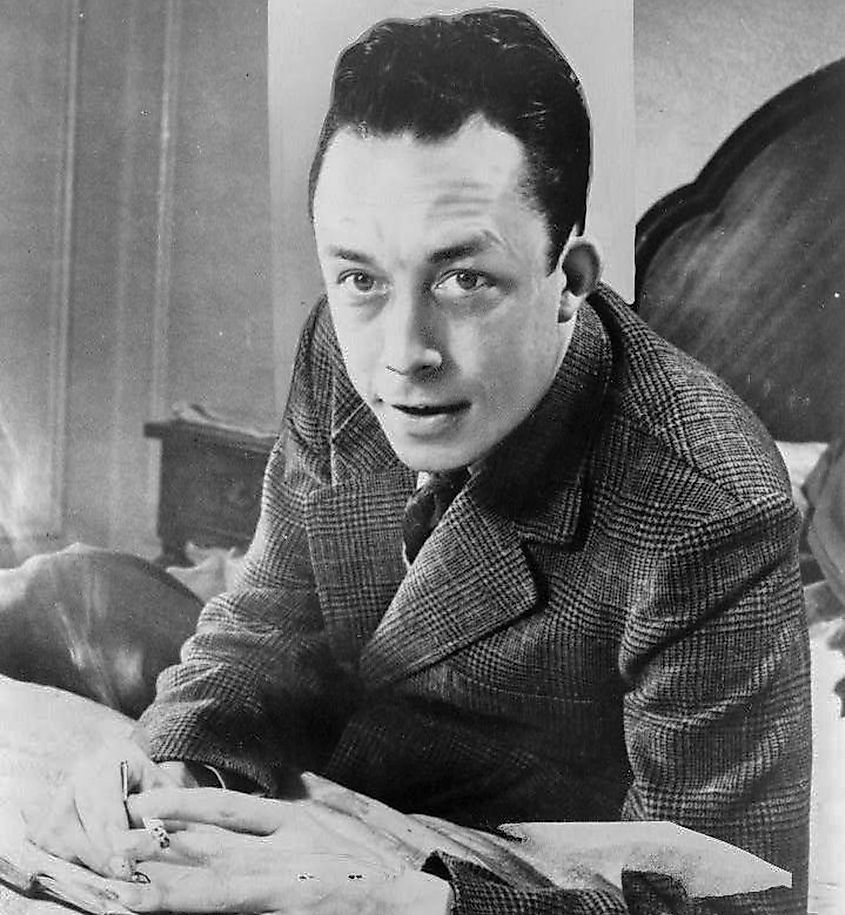
The meaning of life is one of the biggest questions in philosophy. There are many answers to this question. Philosophers such as Aristotle believed the meaning of life was to achieve happiness, and Epicurus believed life was about seeking higher pleasures. A more unsettling response to this question is that life has no meaning. Albert Camus explored this idea in his book The Myth of Sisyphus.
One of the biggest contributors to the absurdist philosophy, Camus argued that people create their own meaning. He claimed any attempt to search for meaning is doomed to fail because there are too many unknowns. The positive side to this philosophy is that everyone creates their own meaning. However, creating meaning in your own life can feel like a daunting task to carry out.
Eternal Recurrence

Imagine living your life, in the same way, over and over for infinity. This idea might not sound so bad at first, but imagine reliving the parts of your life you want to forget. Every choice you regret, every nightmare you experience, and every bad situation, you would have to relive, forever. This is the idea behind eternal recurrence. This theory says the universe is repeating itself on an infinite loop, meaning you live your life on repeat. The same events occur in exactly the same order.
This scary idea was first introduced by the Stoics and later revived by Friedrich Nietzsche, in his book, The Gay Science. He reported the thought first came to him when he was hiking in the Swiss Alps. Nietzsche's theory questions how we would act if we knew every moment of our lives would be relived. This idea was unsettling enough to even keep Nietzsche up at night. Later, in his book, Nietzche writes, "Thus did I speak, and always more softly; for I was afraid of mine own thoughts."
The World is Just in Your Head
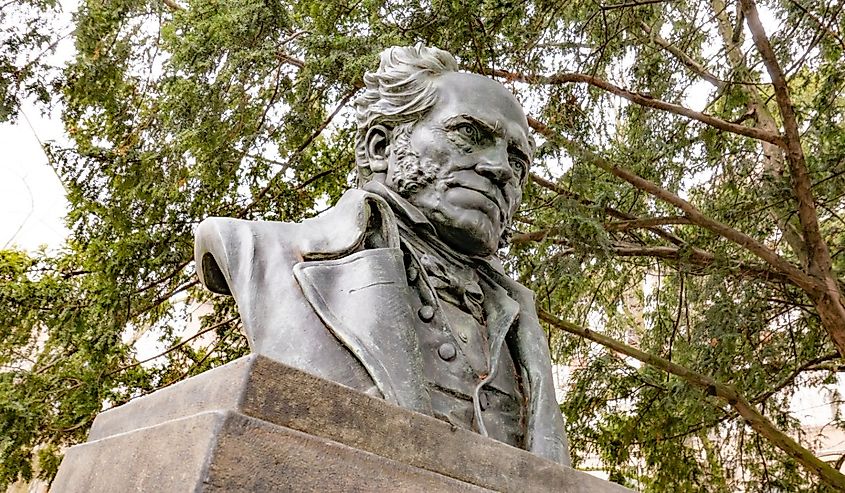
While Nietzsche's theory is certainly unsettling, it doesn't call into question the reality of the world around us. This, at least, is a comforting idea to hang onto. However, the nature of reality was something that Arthur Schopenhauer called into question. Imagine the world around us doesn't exist, and it is all literally in our head. Everything you see around you, from trees, and birds to other people, would be a construct of your mind.
According to Schopenhauer, this is how the world is, and it only exists thanks to our perception of it. In his philosophy, Schopenhauer argues that the world around us doesn't exist objectively. Instead, it exists through people's subjective perception of it. Schopenhauer then goes on to question whether the world would even exist if there were no subjects to perceive it. This unsettling philosophy may leave you wondering if everything really is all in your head.
Eliminative Materialism
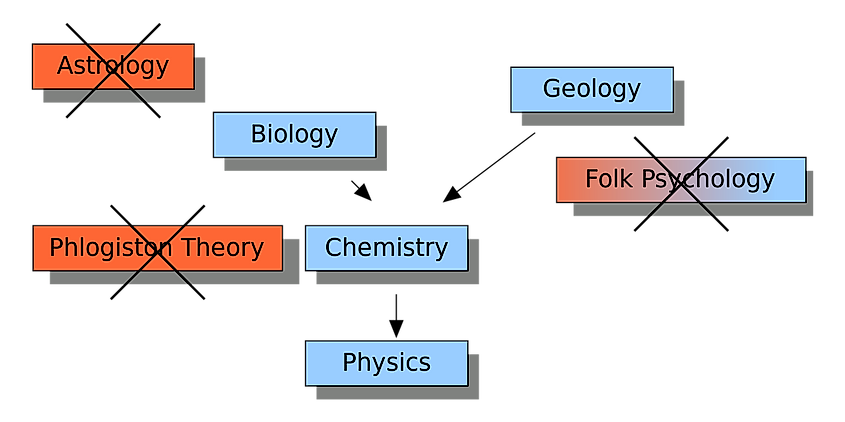
While Schopenhauer claims the world is in our heads, there is a philosophy that questions what is in our heads, such as mental states. Eliminative materialism makes a bold claim that certain mental states do not exist when they aren't based on biology. For example, belief and desire have no real biological basis that humans can identify.
Therefore, eliminative materialism says these mental states do not exist. In eliminative materialism, there is no mind; people just have a brain. Humans are reduced to beings of biology. This is a relatively new theory compared to other philosophical theories. The term eliminative materialism was first introduced by James Cornman in 1968.
While many philosophers, such as Descartes, have historically questioned the world around us, few have questioned the reliability of the mind's mental states. If we cannot trust our mental state, what can we trust?
No Free Will
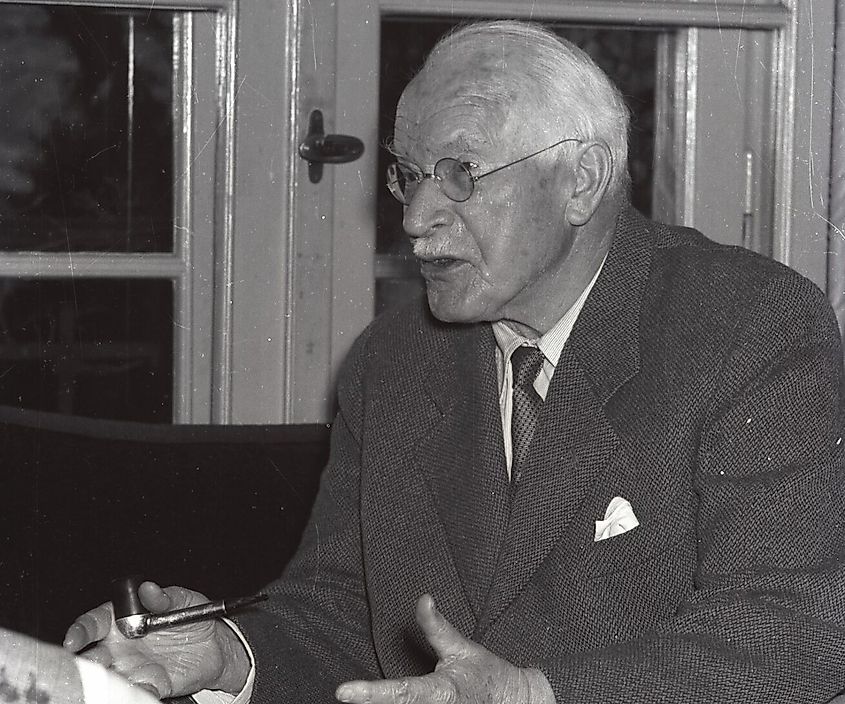
If you cannot trust your mental state, at least you can trust yourself to make a decision. Or so most people like to think. However, philosophers have even questioned our ability to decide for ourselves. This is known as the question of free will. Some philosophers believe people don't have free will, one of them being Carl Jung. He questioned the existence of free will in his book Aion. According to Jung, people's selves are made up of two parts, the conscious and unconscious.
Jung called our conscious mind the ego and argued the ego was not the most powerful part of the self. Instead, the ego is under the control of unconscious forces, such as the shadow. These hidden inner authorities have more influence over our decision-making than our ego according to Jung. This means our ego or conscious mind is merely a spectator in the process.
By definition, free will is the ability to decide for ourselves independently from outside influence. If Jung is right, this means that we don't decide anything for ourselves. That latte you bought, your Saturday night plans, your career path, these aren't choices you made or can make.
The Really Unsettling Question
These are some of the most unsettling theories in philosophy. They make you question everything about the world around you and doubt your existence. If you can't trust your mental state and have no ability to decide, who are you? If there is no inherent meaning to life, how will you spend yours? If your life was repeated endlessly, how would you live yours differently? If you contemplate these questions too long, they may indeed keep you up at night.
Philosophy itself is an unsettling discipline. Philosophy deals with big questions we don't typically talk about on a day-to-day basis. Imagine going up to the cash register at the supermarket and starting a conversation about whether you have free will to buy the lettuce in your hand. Or ask the person beside you on the bus what they think the meaning of life is. Conversations about philosophical questions are rare amongst friends, let alone strangers.
However, if people talked about these questions more, the answers might not seem so unsettling. One of the most unsettling things to think about is the rarity of talking to each other about such important questions. Life is already so short; why shouldn't you spend it talking about these unsettling questions and theories?











